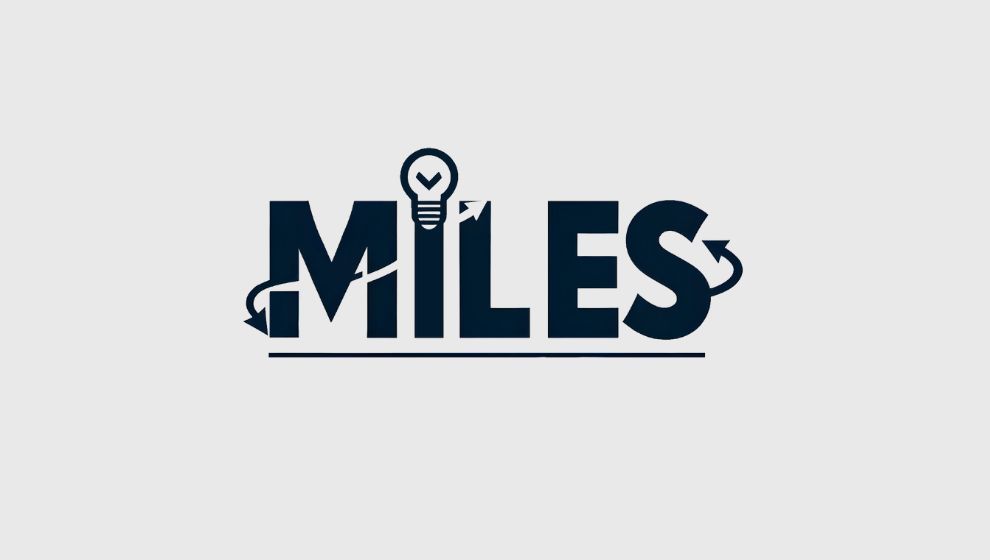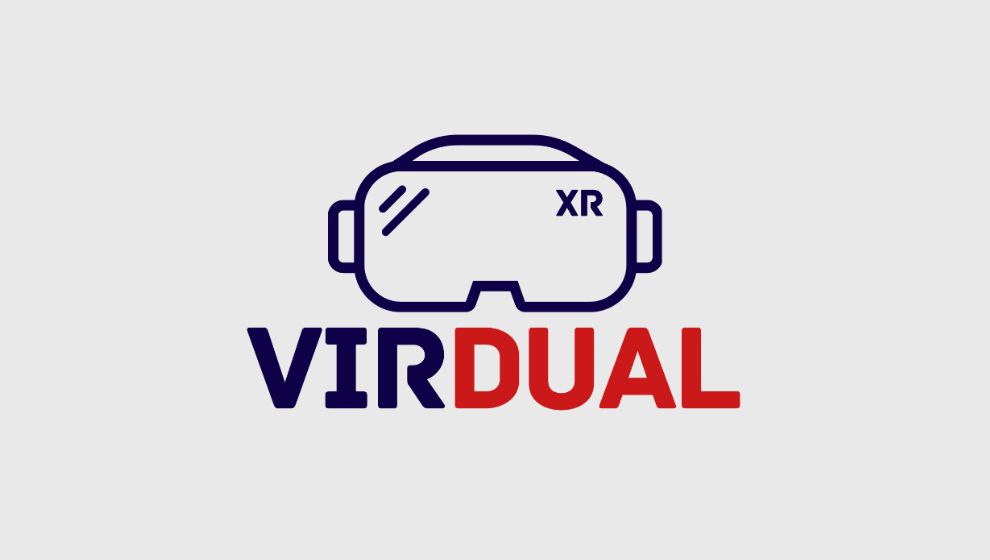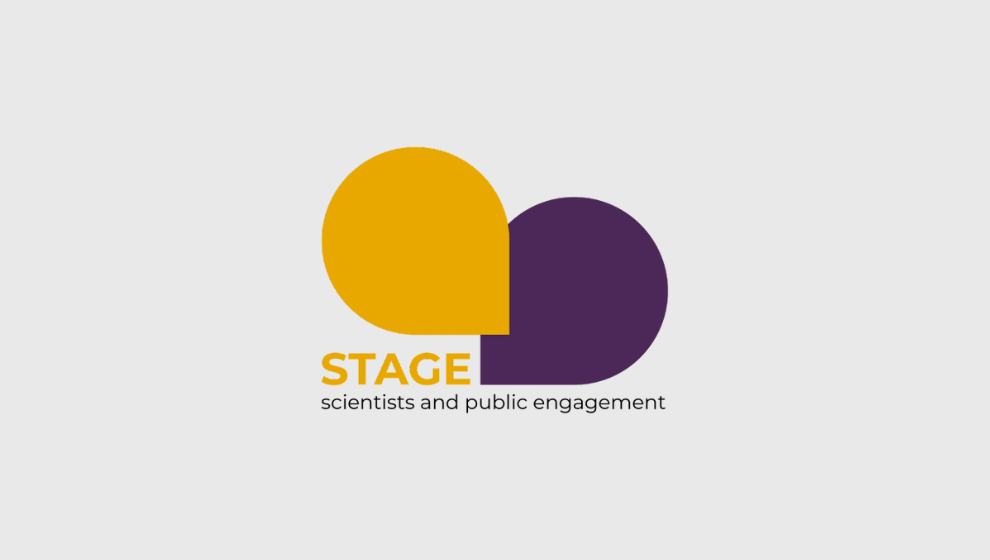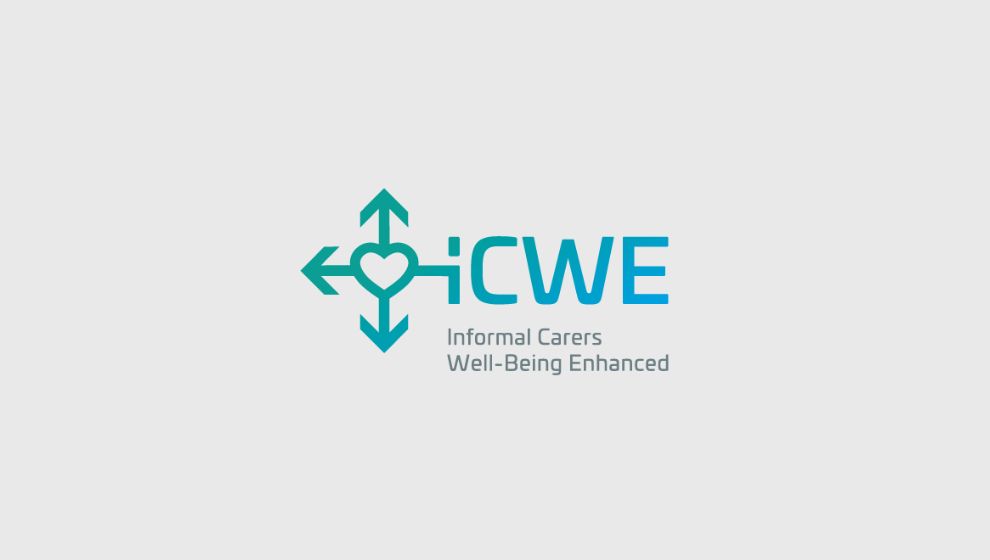MILES – MIL and PRE-BUNKING approaches for Critical thinking in the education sector

A strong vulnerability to exposure to disinformation, fake news and risks directly related to the digital world, is significantly aggravated by the difficulty of developing rational critical thinking, especially for young people. Misinformation, cyberbullying, extreme thinking, propaganda, and news distortion are just some of the risk factors that one is exposed to in the digital era. This information overexposure affects transversally all citizens who primarily inform themselves using digital tools.
For educators, it is also equally as difficult to embed critical teaching approaches into their daily practice, becoming first-hand aware of their own biases, psychological reflexes and mental processes, yet in their professional life it is crucial that they can stimulate critical thinking in their daily lectures, not restricting it to a mere passive transfer of information and concepts.
With this challenge in mind, the MILES project aims to build resilience against disinformation and promote independent and critical thinking in the educational sector. MILES – MIL and PRE-BUNKING approaches for Critical thinking in the education sector aims to develop, test and assess innovative approaches for MIL (Media and Information Literacy), pre-bunking, data and digital literacy in the educational sector, intervening in both ITT (Initial teacher training) and CPD (Continuous Professional Development) for preparing current and future teachers to address the growing complexity of societal challenges posed by the online environment.

Target Groups
Education Level
Tags
Digital skills



